Tag: Neurodiversity
-
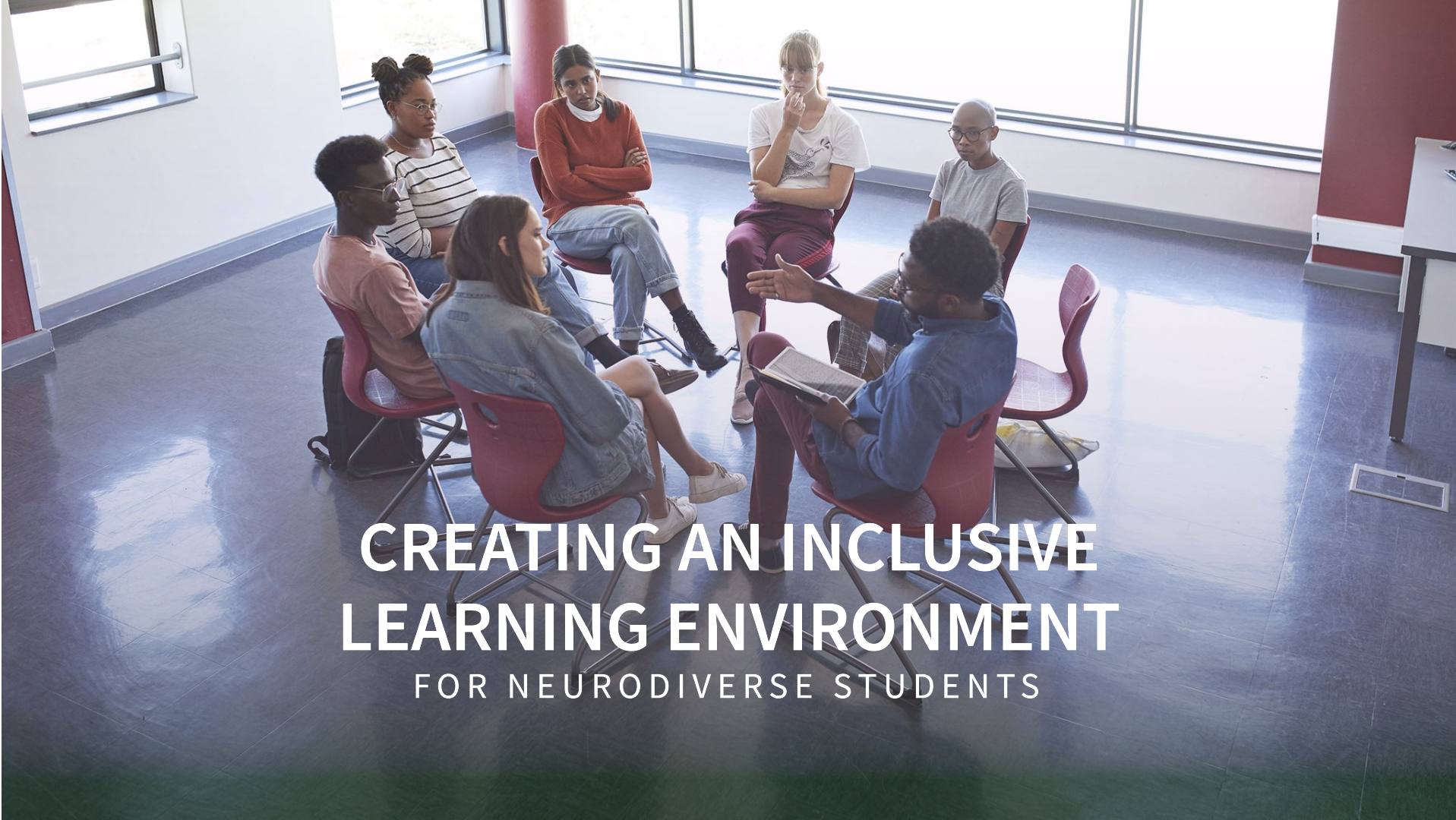
How to Foster an Inclusive Learning Environment for Neurodiverse Students
Higher education is a gateway to opportunity and growth, but for neurodiverse students—those with Autism, ADHD, Dyslexia, and other neurological variations—traditional learning environments can pose significant challenges. These students bring unique perspectives and strengths to the classroom, but they may also require adjustments to thrive academically and socially. Creating an inclusive learning environment isn’t just…
-

Navigating the Winter Break with a Neurospicy Brain: Embracing Joy Amidst the Struggles
For many, the winter holiday season is a time of joy, celebration, and connection. But for those of us with ADHD and other "neurospicy" traits—our unique and diverse ways of experiencing the world—it can also be a season of disruption, stress, and sensory overload. The departure from routine, the heightened social expectations, and the sensory…
-
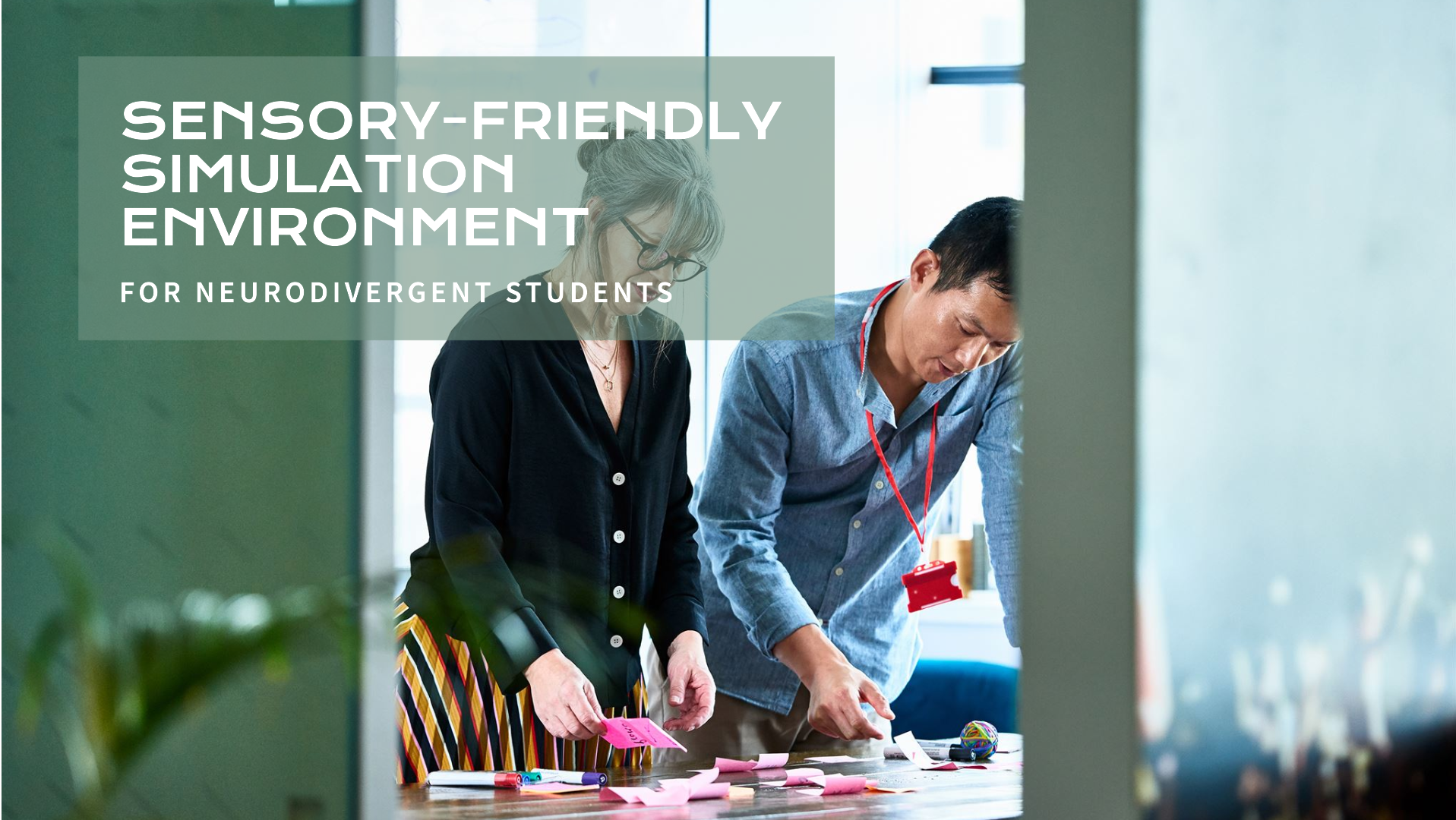
Creating a Sensory-Friendly Simulation Environment for Neurodivergent Students
Healthcare education increasingly embraces diversity, recognising the unique strengths and challenges neurodivergent students bring to the field. For students with Autism, ADHD, or other neurodivergent traits, simulation-based learning can be an excellent tool for practical training. However, traditional simulation environments, often filled with loud noises, bright lights, and high-pressure scenarios, can create sensory barriers that…
-
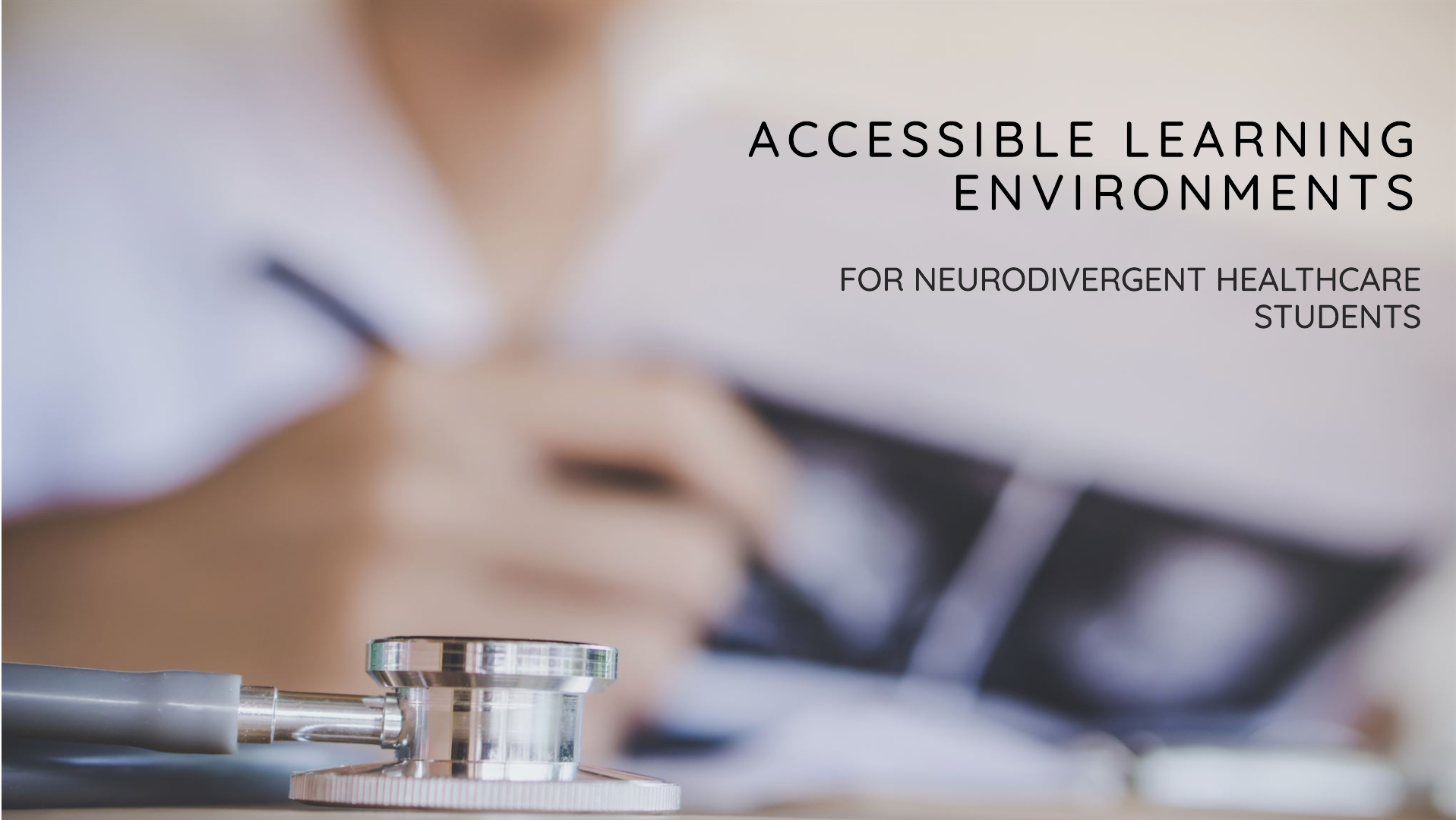
Creating Accessible Learning Environments in Healthcare Education for Neurodivergent Students
Healthcare education thrives on diversity, and neurodivergent students—those with Autism, ADHD, Dyslexia, and other neurological differences—bring unique perspectives and strengths to the field. However, traditional educational approaches can inadvertently create barriers that make it difficult for these students to thrive. On this International Day of Persons with Disabilities, let’s explore how healthcare education, particularly simulation-based…
-

ADHD in Healthcare Education: Turning Challenges into Strengths
Healthcare education is intense, demanding unwavering focus, attention to detail, and the ability to handle high-stress situations. For students with ADHD, these requirements can pose unique challenges, from staying organised to managing time and reducing distractions. Yet, students with ADHD also bring valuable strengths, such as creativity, adaptability, and quick thinking—qualities that, when harnessed effectively,…
-

Supporting Men with ADHD in Healthcare Education: Promoting Success, Mental Health, and Resilience
Healthcare education is demanding for all students, but for those with ADHD, the challenges can be particularly significant. Men with ADHD often face unique pressures in healthcare training, where focus, organisation, and consistent decision-making are essential skills. On this International Men’s Day, let’s discuss strategies to support male healthcare students with ADHD, promoting their mental…
-
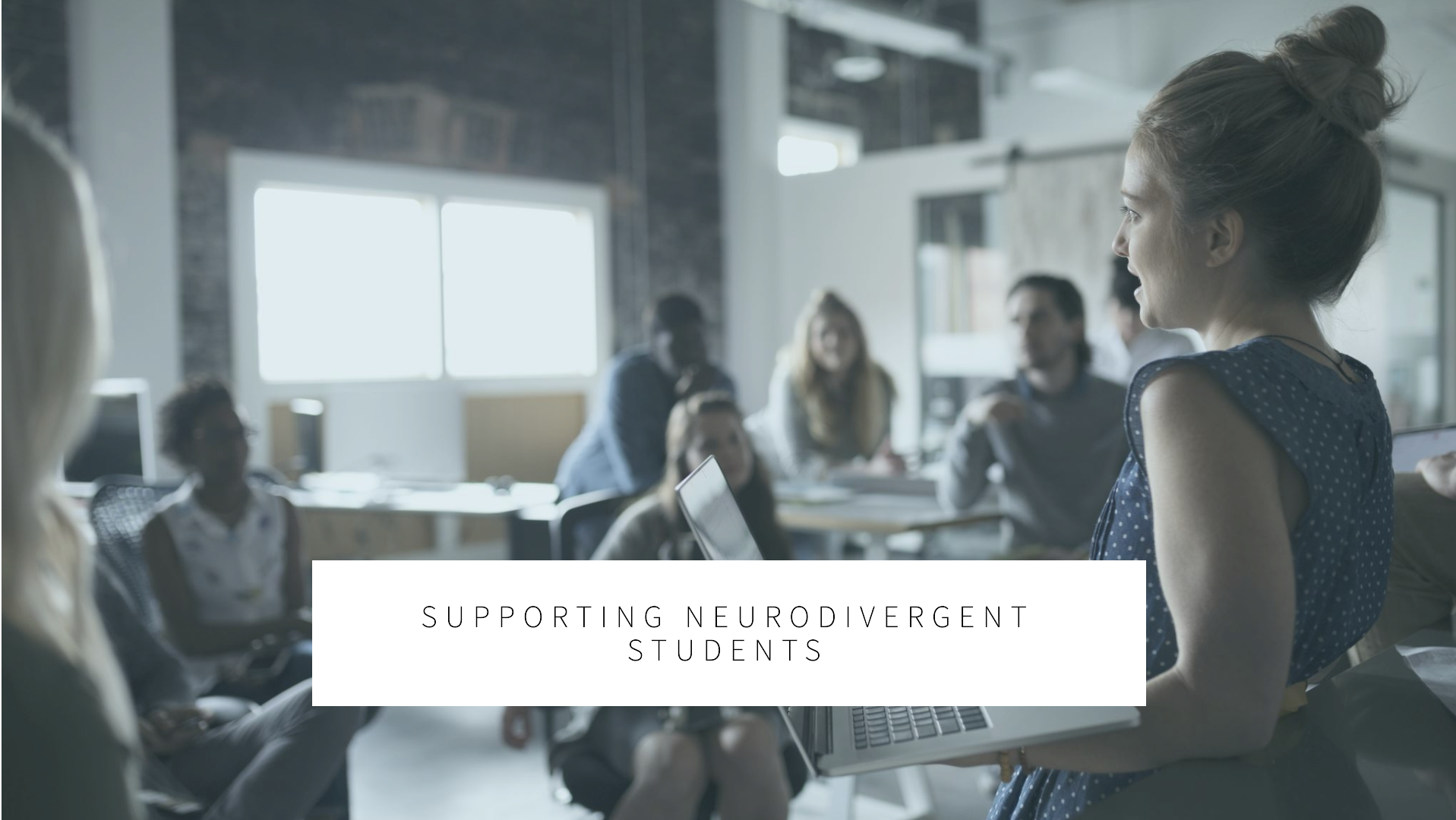
Supporting Neurodivergent Students in Simulation-Based Learning: Creating Inclusive Healthcare Education
Simulation-based learning is an incredibly powerful tool in healthcare education, offering students a realistic, hands-on environment to practice critical skills. However, for neurodivergent students—those with Autism, ADHD, Dyslexia, and other neurological variations—traditional simulation scenarios can present unique challenges. To foster an inclusive learning environment, it’s essential to adapt simulation-based healthcare training to meet the diverse…
-
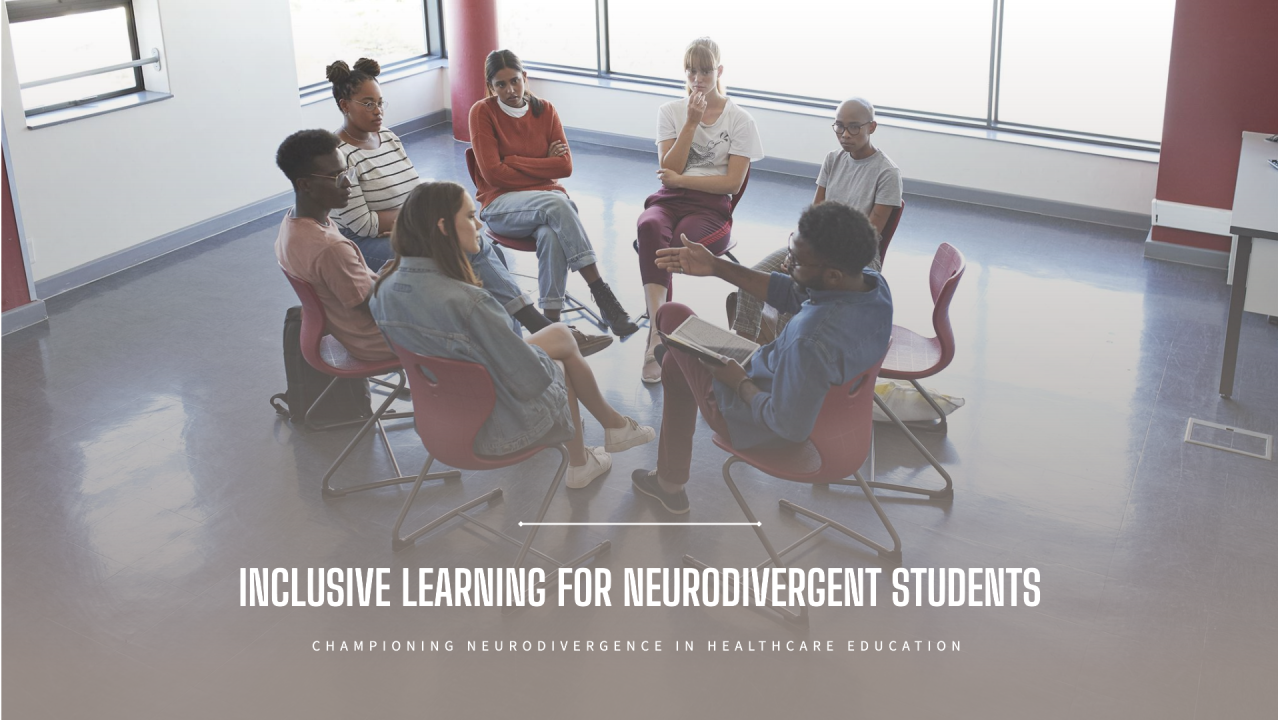
Championing Neurodivergence in Healthcare Education: Creating Inclusive Learning Spaces
The healthcare sector thrives on diversity – not just in the patient populations we care for but also in the professionals who work within it. As we move forward in creating inclusive and supportive learning environments, it’s essential to acknowledge and address the unique challenges faced by neurodivergent students in healthcare education. Neurodivergence, including conditions…